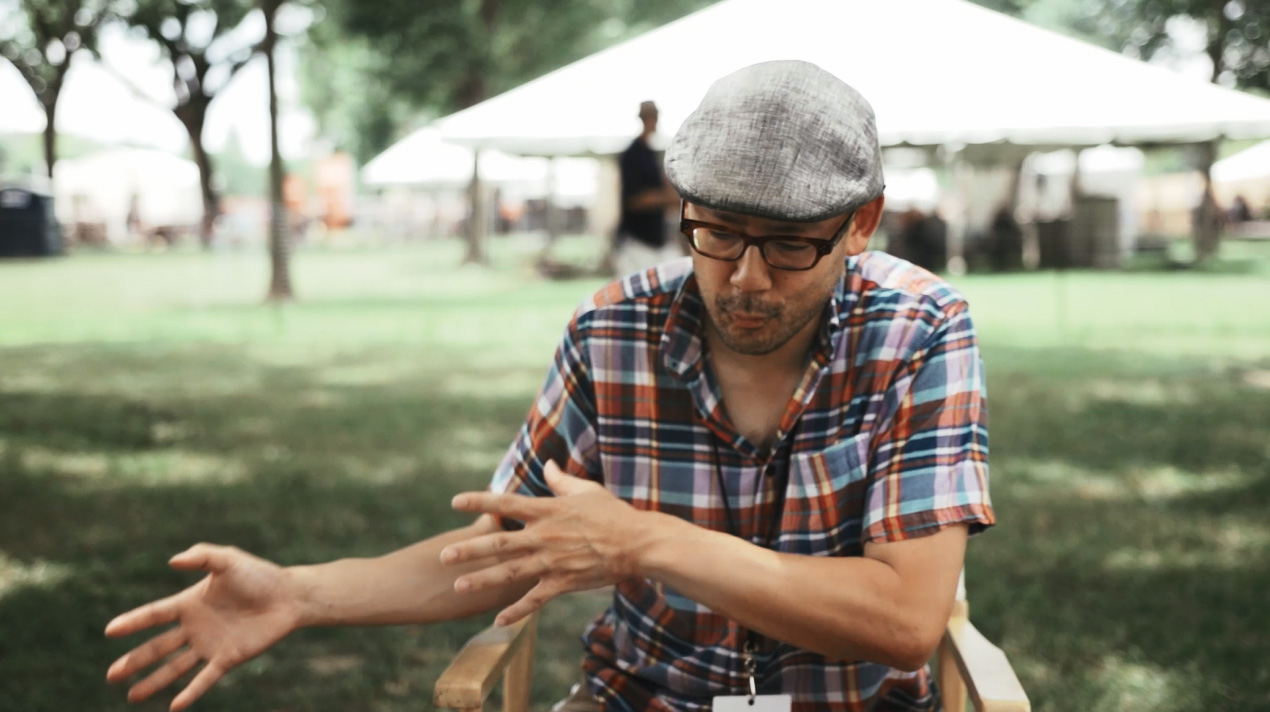
Photo courtesy of Grandmaster Flash
The 2019 Smithsonian Folklife Festival takes as its animating theme the “social power of music.” Be it the lilt of a lullaby, the syncopated rhythm of a sacred drum, or the wail of a funeral dirge, music conveys cultural values while expressing an unlimited range of meanings and emotions.
When music compels us to engage and exchange, it displays a remarkable capacity to promote shared understanding, transcend difference, and fuel social cohesion. During moments of protest and resistance, it can express rage and hope in equal measure. Music’s power—its social power—resides in its ability to transmit knowledge while synchronizing activities that create, sustain, and, occasionally, break bonds within and between cultures.
The 2019 Festival comprises two days of concerts, music workshops, and audio demonstrations. See the full schedule and upcoming related events.

What role does music play in your life? Is it for solitary enjoyment or social interaction? In this interview, music scholar Oliver Wang describes the social power of music to form connections and communities regardless of boundaries and backgrounds.
Share your own interpretations of the #SocialPowerOfMusic on social media to keep the conversation going.
The Social Power of Music chronicles the vivid, impassioned, and myriad ways in which music binds, incites, memorializes, and moves groups of people. This richly illustrated 124-page book, with 80+ tracks on four CDs, invites listeners into musical practices, episodes, and movements throughout the United States and beyond. These songs of struggle, devotion, celebration, and migration remind us that music has the potential to change our world.